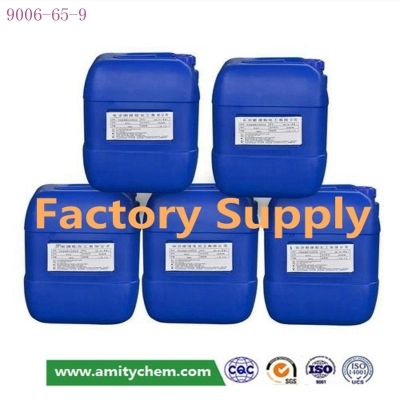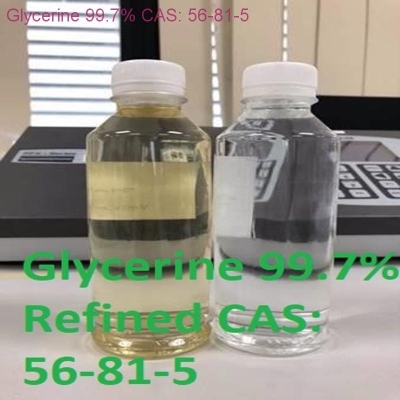-
Categories
-
Pharmaceutical Intermediates
-
Active Pharmaceutical Ingredients
-
Food Additives
- Industrial Coatings
- Agrochemicals
- Dyes and Pigments
- Surfactant
- Flavors and Fragrances
- Chemical Reagents
- Catalyst and Auxiliary
- Natural Products
- Inorganic Chemistry
-
Organic Chemistry
-
Biochemical Engineering
- Analytical Chemistry
- Cosmetic Ingredient
-
Pharmaceutical Intermediates
Promotion
ECHEMI Mall
Wholesale
Weekly Price
Exhibition
News
-
Trade Service
Over the past 20 years, a growing body of research has shown that the composition and change of intestinal bacteria play a key role in the pathogenesis of inflammatory bowel disease (IBD).
Compared with healthy people, the intestinal microbiobiota of IBD patients decreased significantly, and the number of bacteria with anti-inflammatory ability in IBD patients, such as Bacillus difficile bacteria producing short-chain fatty acids (SCFA), abnormal numbers of fungi, etc., played an important role in the development of inflammatory enteropathy.
IFX is a TNF-α blocker that has been successfully used to treat IBD patients, although one-third of patients end up unresponsive to treatment.
But there are currently no reliable biomarkers available to predict IFX reactions, so the purpose of this study is to investigate differences in fecal bacterial and fungal community composition in IBD patients during IFX treatment and to look for predictors of IFX treatment response in IBD patients.
researchers treated 72 IBD patients (25 CDs and 47 UC) with IFX and followed them for a year or until IFX treatment was interrupted.
sequenced the amplification of the bacterial 16S rRNA gene and fungal ITS 1 region in the patient before determining IFX treatment, and then sequenced the microbiome spectrum in the fecal samples for two weeks, six weeks, twelve weeks and one year after the treatment began.
response to IFX was judged through a colonoscopy and a clinical evaluation 12 weeks after the start.
results showed significant differences in fecal bacterial and fungal characteristics between the response group and the unresponsive group prior to the start of IFX therapy.
the short-chain fatty acid producers (especially the Thyrobacterium genus) of the non-responders had lower abundances than the responders, while the abundance of inflammatory bacteria and fungi (e.g. Candival genus) was higher.
result, the researchers believe that bacterial groups can predict the response of CD and UC patients (area 0.8 between the lower curve).
。







